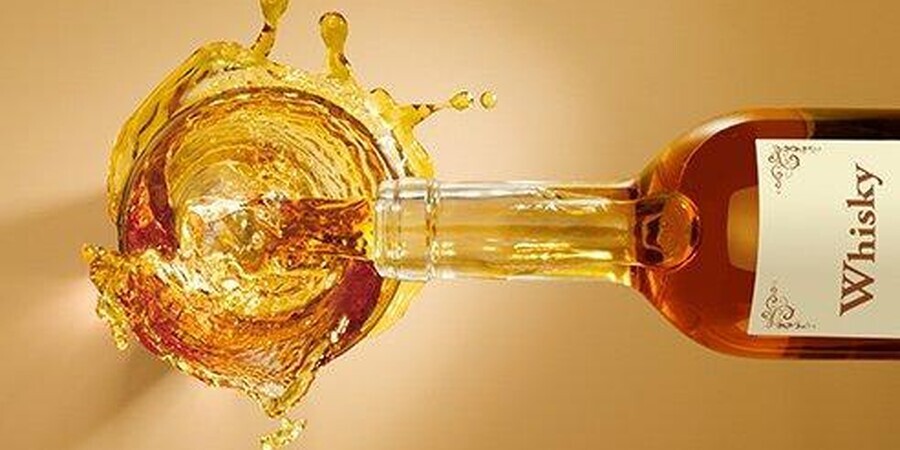Philadelphia, PA
- The origin of Irish whiskey is a little cloudy; no one is sure when it was 1st created, but it is surmised that brewing started sometime in the 12th century. Whiskey, also known as whiskey, is as much a broad categorization of spirits as a spirit type. If you aren’t a whiskey enthusiast, you might wonder what the difference is between whiskey and whiskey or what the deal is with whiskey vs. bourbon or scotch.
The Origin and History of Irish Whisky
![]() One determinant between whiskey and whiskey is where it is produced. Whiskey from Ireland and the United States is usually called “e.” Whiskey from Scotland, Canada, Japan, and elsewhere is spelled without the “e.” So, regional grammar is why you’ll see Scotch Whisky but Irish Whiskey on the shelves. Most whiskey distillers use the plural form “whiskeys” to hint that they are referring to whiskey, whereas whiskey is usually pluralized as “whiskeys.” The difference between types of whiskeys like bourbon, rye, or scotch is a bit more complicated.
One determinant between whiskey and whiskey is where it is produced. Whiskey from Ireland and the United States is usually called “e.” Whiskey from Scotland, Canada, Japan, and elsewhere is spelled without the “e.” So, regional grammar is why you’ll see Scotch Whisky but Irish Whiskey on the shelves. Most whiskey distillers use the plural form “whiskeys” to hint that they are referring to whiskey, whereas whiskey is usually pluralized as “whiskeys.” The difference between types of whiskeys like bourbon, rye, or scotch is a bit more complicated.
Along with country of origin, the kind of whiskey or whiskey is determined by the grain used in the distillation process. Different grains produce different taste characteristics. Couple that with varying distillation methods by region and producer, and you get a wide range of flavors from sweet to spicy and smooth to bold and smokey. Explore more about the types of whiskey below:
History of Whisky
Irish whiskey is a barley-malt whiskey made in Ireland. It resembles Scotch whiskey in that its ingredients and formulation are slightly different.
Note that Irish whiskey is written differently. Peat is rarely used when malting Irish whiskey, resulting in a whiskey with a smoother, sweeter flavor. In most Irish whiskeys, the smoky, earthy flavors of Scotch are absent.
Conventional wisdom says that the Irish invented whiskey, but it is speculated that the Scots perfected it. Both claims are open to doubt: if "beauty is in the eye of the beholder," then "perfection is on the tongue of the glass holder." In other words, it is a question of taste. The word whiskey comes from the Irish Gaelic term "uisce beatha," which translates as "water of life" ("uisce" is pronounced ish-ka).
There are fewer distilleries of Irish whiskey than there are distillers of Scotch. Economic difficulties in the last centuries have led to many mergers and closures.
Currently, only three distilleries operate in Ireland (although each produces different whiskeys). Irish whiskey, like Scotch whiskey, comes in several forms. Like Scotch whiskey, there is single malt (100% malted barley) and grain whiskey.
Grain whiskey is much lighter and more neutral in flavor than single malt and is rarely bottled as a single grain. Instead, it is blended with single malt to produce a lighter whiskey.
Unique to Irish whiskey distilling, the Scotch have never followed pure pot still whiskey (100% barley, both malted and unmalted, distilled in a pot still). The "green" unmalted barley gives the pure pot still whiskey a spicy, unique Irish quality. Like single malt, pure pot is sold as such or blended with grain whiskey.
Irish whiskey is considered one of the earliest distilled beverages in Europe, dating to the mid-12th century). The Old Bushmills Distillery also claims to be the oldest licensed distillery in the world, having gained a license in 1608.
Share This Article on Social Media


